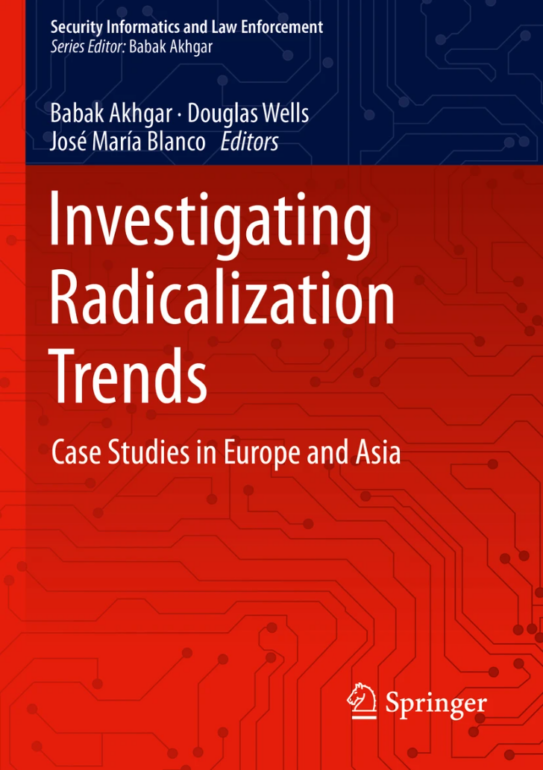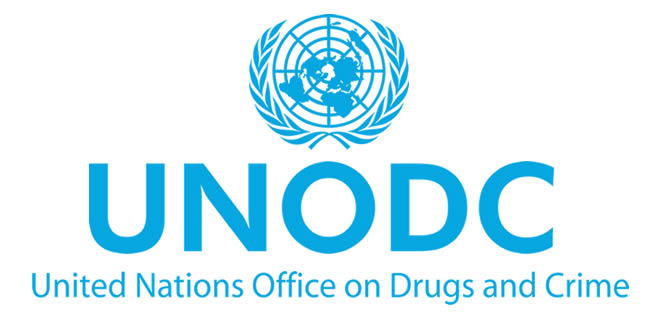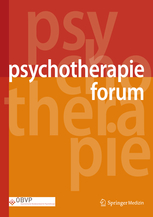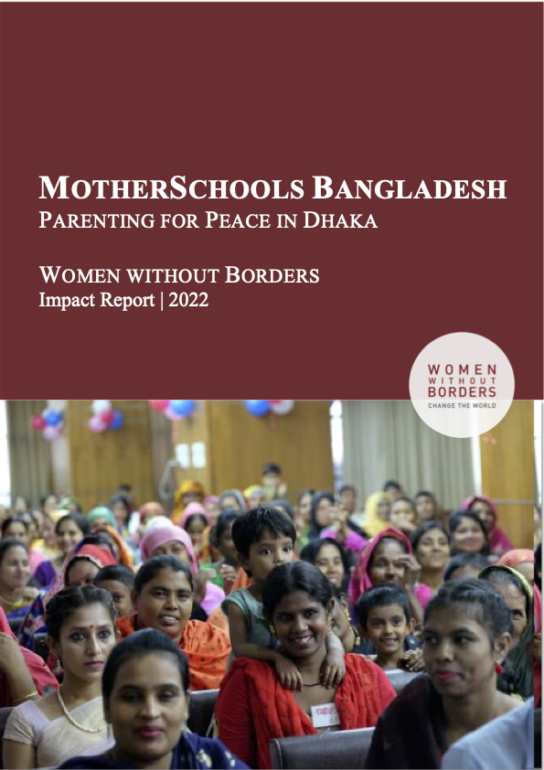When speaking about terror and terror prevention, most people distinguish between ‘hard’ and ‘soft’ approaches. The former became epitomised in the formula of the war on terror, the latter comprises a wide range of scholars who are devoted to empirical research and promote social work instead of predominantly legal and martial measures. While this chapter emphasises the benefits of soft approaches, it will also point out its deficits and will then consider the potentially beneficial role of mothers in their preventative capacity.
This chapter examines the potential for mother’s agency as an effective component of the ‘War on Terror’ efforts, by drawing on empirical evidence generated in contexts where the major causes of radicalisation traditionally find ground. The chapter highlights that parents, and mothers in particular, have a deep connection and sophisticated understanding of the factors that shape and define their children’s identity, especially in regard to their psychosocial characteristics of personality formation processes. Within this journey, mothers are considered to be the most effective agency in identifying changes, transformation, and the factors that influence adolescents’ personality and are best placed to understand what might prompt their descent into violence. Yet, parents, who must be considered the first line of defence, are completely absent in research and prevention work, and policies are failing to engage mothers and fathers. Thus the chapter builds the case that the mothers have an acute awareness of deficits and are willing to confront radical influences impacting on their children, but feel as though they are responding less effectively than they could. The chapter concludes that mothers’ natural, underappreciated prevention potential can be developed with the right tools and knowledge and mothers’ preventative potential, establishing capacity-building mechanisms for them, and conceptualising them as key security allies, must be given priority in both policy-making and policy-implementation processes.




